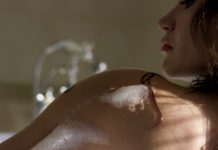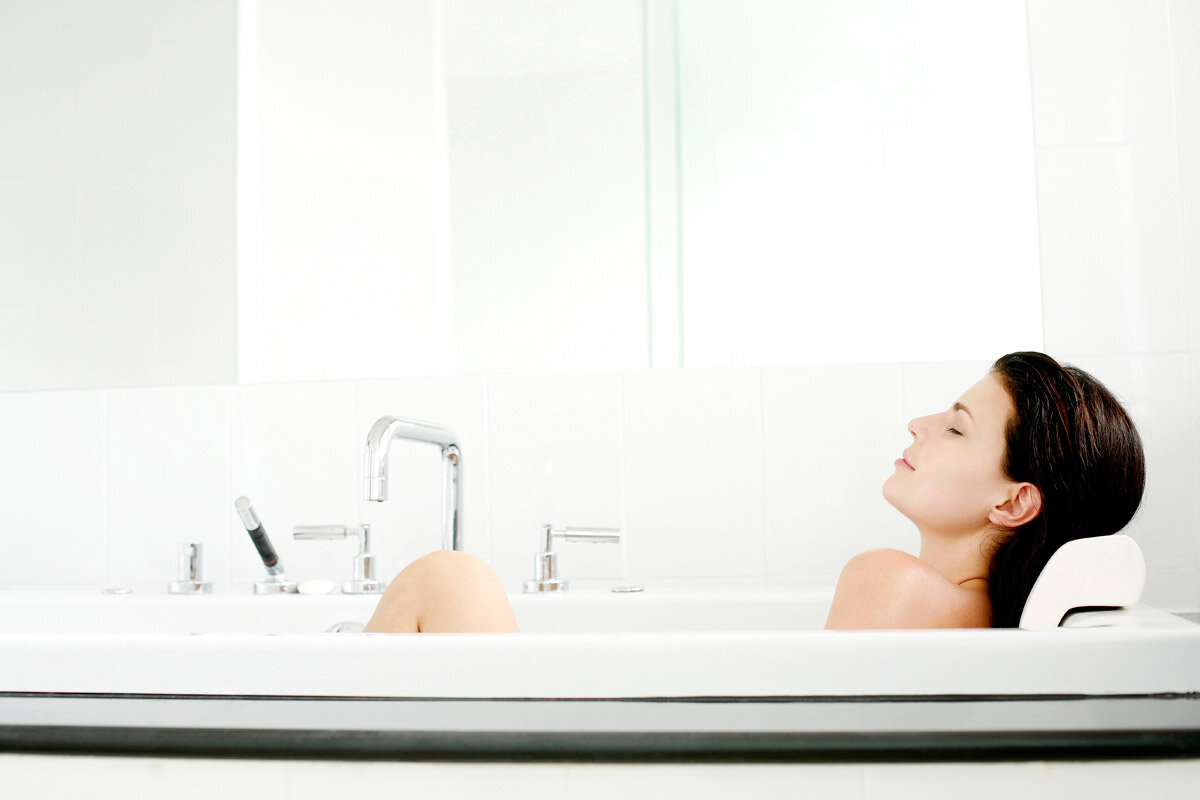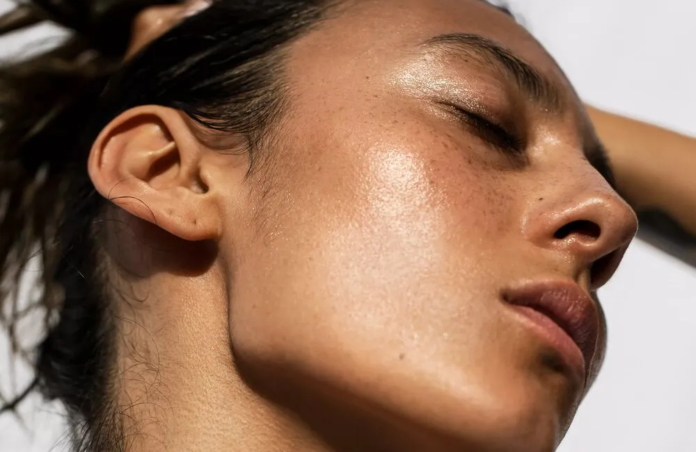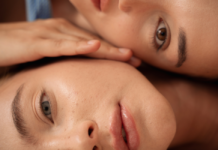One of the prominent beauty trends of 2023 on the TikTok platform is undoubtedly Skin Flooding, supported by scientific evidence and positive experimentation. However, this method has existed under a different name for a long time and is a hallmark of the timeless Korean skincare regimen.

If you’ve ever had issues with acne or desired radiant skin while using specialized skincare products, regardless of your skin type, you’ve probably encountered warnings or experienced skin sensitivity and dryness, especially around the mouth and the sides of your nose.
It’s no coincidence that Skin Flooding has captured everyone’s attention. As anyone embarking on a skincare journey aims for hydrated, pore-minimized skin, the inevitable inclusion of active ingredients like BHA, AHA, retinoids, and niacinamide often comes with potential side effects such as irritation or peeling. “Flooding” your skin promises adequately moisturized, reduced redness, and a mirror-like glow – the ultimate goal for any skincare enthusiast.
Skin Flooding: A Viral TikTok Term from Early 2023 Explained
Skin Flooding, a term that gained viral fame on TikTok in early 2023, refers to the practice of layering multiple water-based serum and moisturizing toner products in a specific order in a skincare routine to optimize hydration.
These products are usually not too thick in texture or overly potent individually, but when used together in appropriate quantities, their diverse moisturizing functions complement each other and prevent skin congestion.
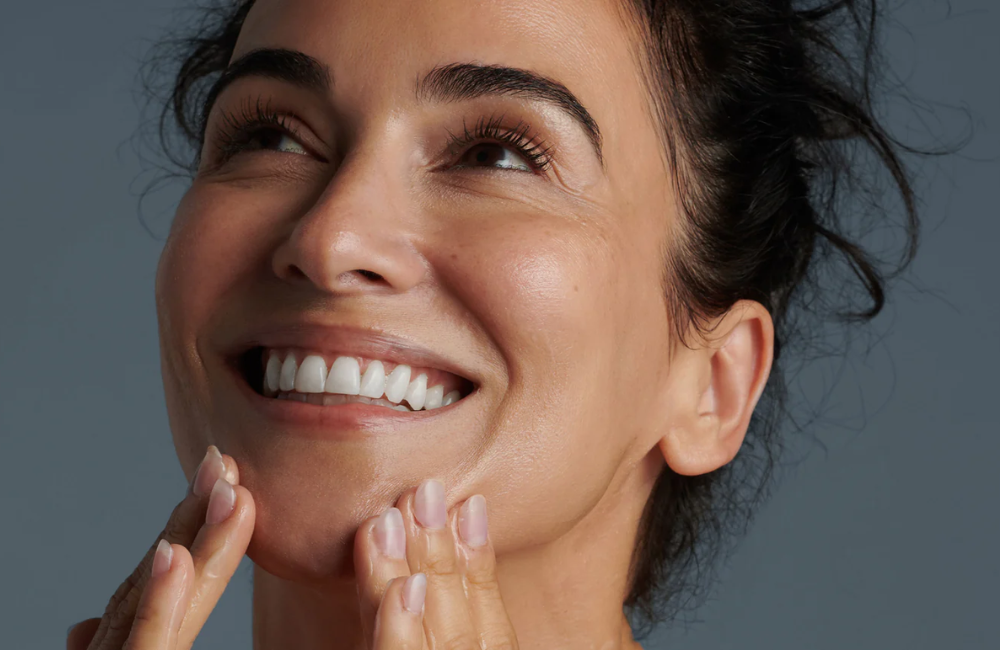
The Core Concept
The core idea behind this method is to keep the skin moist and select the right active ingredients. Instead of waiting for the skin to dry after cleansing, a common skincare tip, keeping the skin moist enhances the absorption and effectiveness of the subsequent products.
Steps in Skin Flooding
In essence, following the familiar skincare routine and adapting it as needed, Skin Flooding incorporates moisture-boosting ingredients such as Hyaluronic acid, Glycerin, and Niacinamide. You may also apply a hydrating mist after the cleansing step to optimize moisture delivery and improve the absorption of the subsequent products. Thus, the skincare process with Skin Flooding typically consists of:
- Makeup removal
- Cleansing
- Toning
- Hyaluronic acid serum
- Niacinamide serum
- Moisturizer
During the day, don’t forget to add sunscreen at the end of the routine for sun protection.
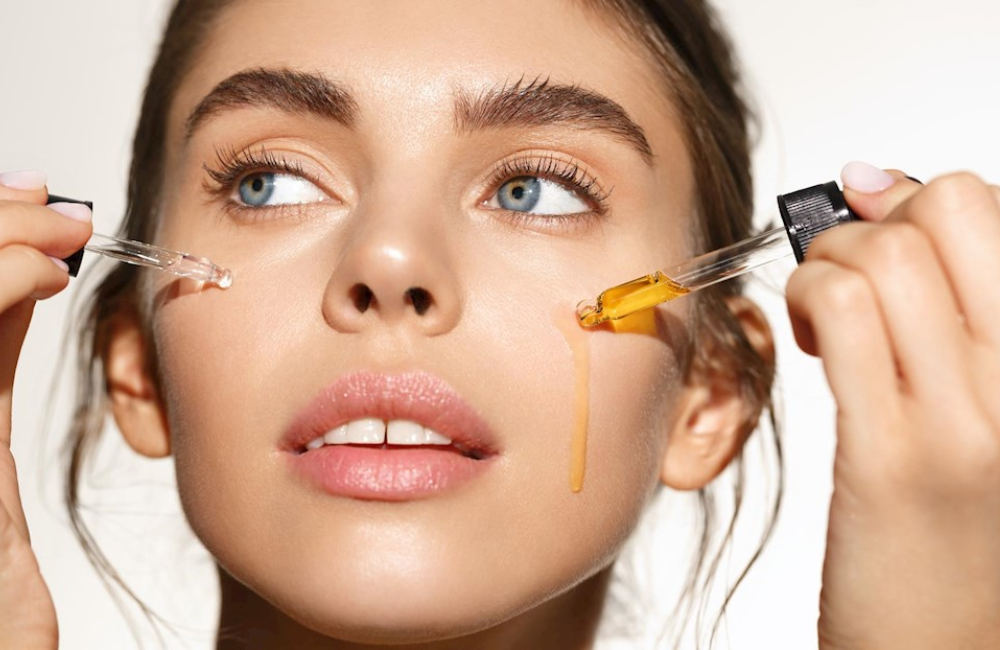
Scientific Explanation
From a scientific perspective, the logic behind this method is that the first serum contains moisture-attracting ingredients, notably Hyaluronic acid. Therefore, “if you apply it when your skin is still damp or your fingers are moist, the Hyaluronic acid will draw the necessary moisture from there instead of directly absorbing it from the skin,” as explained by Joshua Zeichner, the Director of Cosmetic and Clinical Research in Dermatology at Mount Sinai Hospital in New York.
Benefits of Skin Flooding
Once the skin’s moisture is retained, the second serum containing Niacinamide helps soothe and reduce inflammation while “strengthening the natural protective barrier and reducing water loss, thereby helping to minimize pore size,” according to Ellen Marmur, a dermatologist with 20 years of experience and founder of MMSkincare in New York.
Final Step
The final moisturizer “locks in” all the products, keeping them on the skin for an extended period. During the daytime, remember to add sunscreen as the final step in the routine.
Does Skin Flooding Cause Acne?
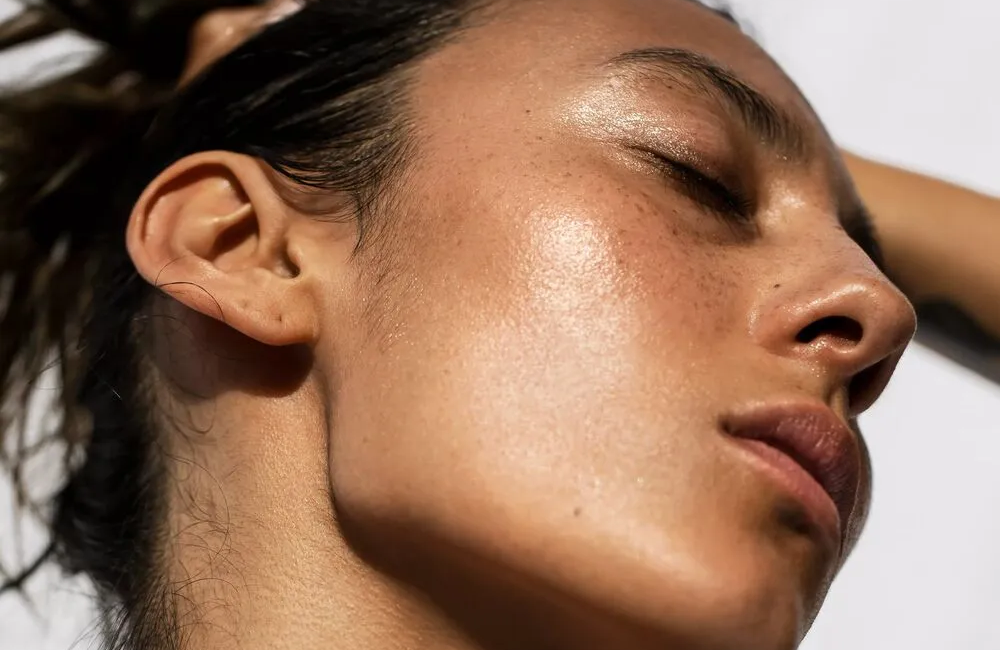
It can be said that Skin Flooding is one of the safest skincare trends from TikTok, as it encourages the use of gentle soothing products that can be applied to all skin types (of course, with flexible adjustments for suitability).
For those with oily or acne-prone skin or prone to irritation, you may not necessarily need to layer as many products, as it can potentially lead to congestion. However, if you still want to experiment with Skin Flooding, fragrance-free and non-active ingredient-containing products (such as retinol, benzoyl peroxide, etc.) are safer choices for your skin. Additionally, you can reduce the frequency of this routine throughout the week.
A New Approach Rooted in the Korean Skincare Tradition
In addition to the scientific explanations and numerous successful application examples shared on social media, here’s another reason to consider trying Skin Flooding for a well-hydrated complexion. Layering multiple skincare products or “skin layering” within a 7 or 10-step skincare routine is a distinctive approach embraced by the Koreans.
This method emphasizes deep and prolonged nourishment and strengthening the skin barrier rather than simply repairing damage. Thanks to social media, the beauty secrets of a country known for flawless “oppas” and “unnies” have spread widely, even in the era of minimalist skincare, which is gaining popularity.
Conclusion
The Korean skincare philosophy, often associated with a meticulous approach to layering products, focuses on achieving long-lasting and comprehensive results. It’s not just about addressing existing skin concerns but also maintaining skin health and resilience over time.
In a world where the pursuit of minimalistic skincare is on the rise, the Korean skincare tradition, with its emphasis on layering and thorough nourishment, provides an appealing alternative.
Skin Flooding, as a part of this tradition, aligns perfectly with this philosophy by delivering deep hydration and helping to fortify the skin’s natural defenses. So, for those looking to boost their skincare regimen and achieve a well-hydrated, radiant complexion, Skin Flooding is a method worth considering.


